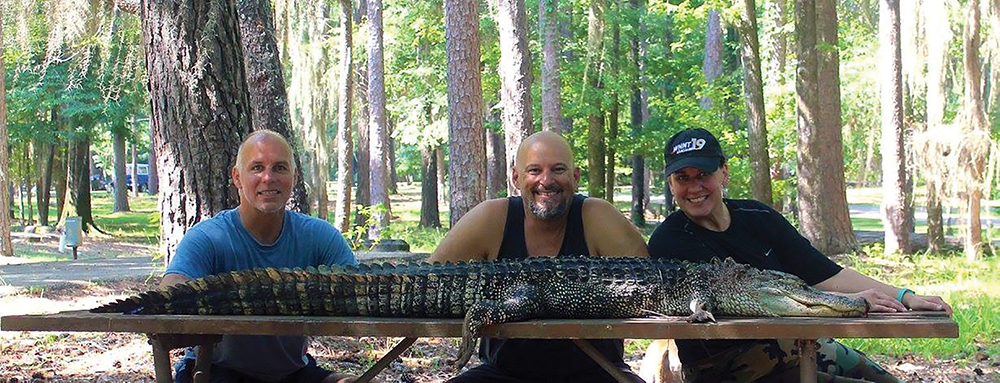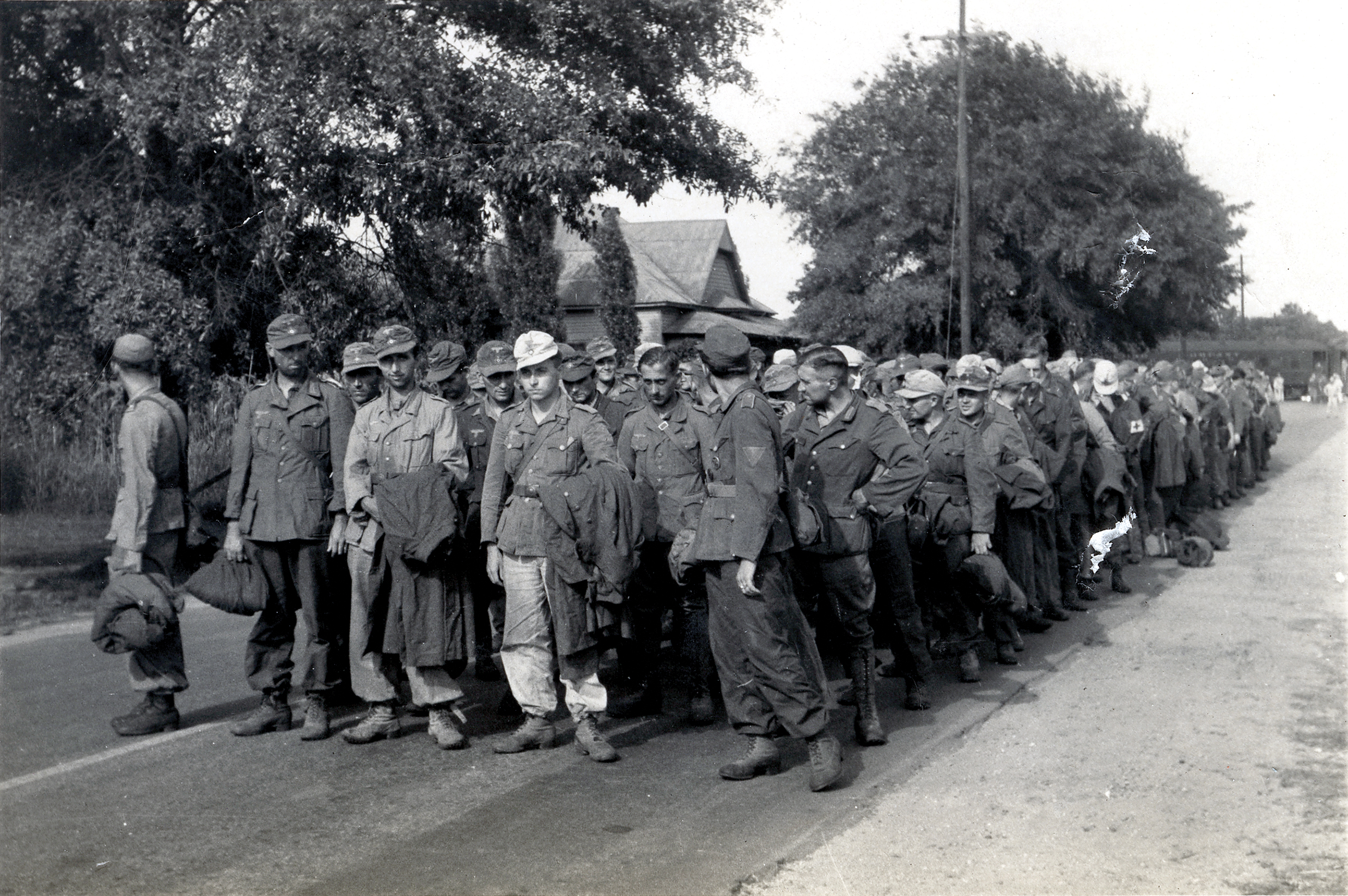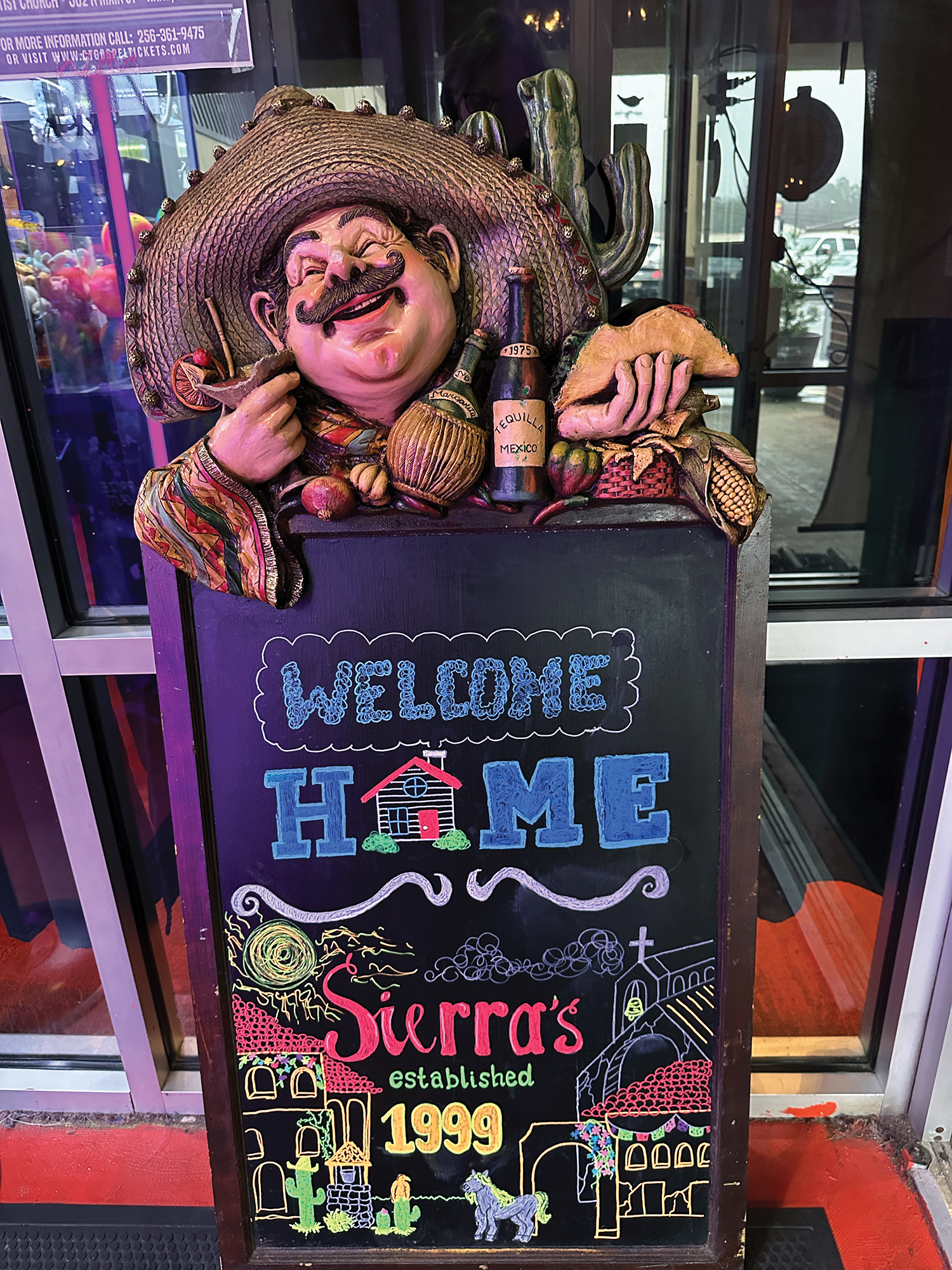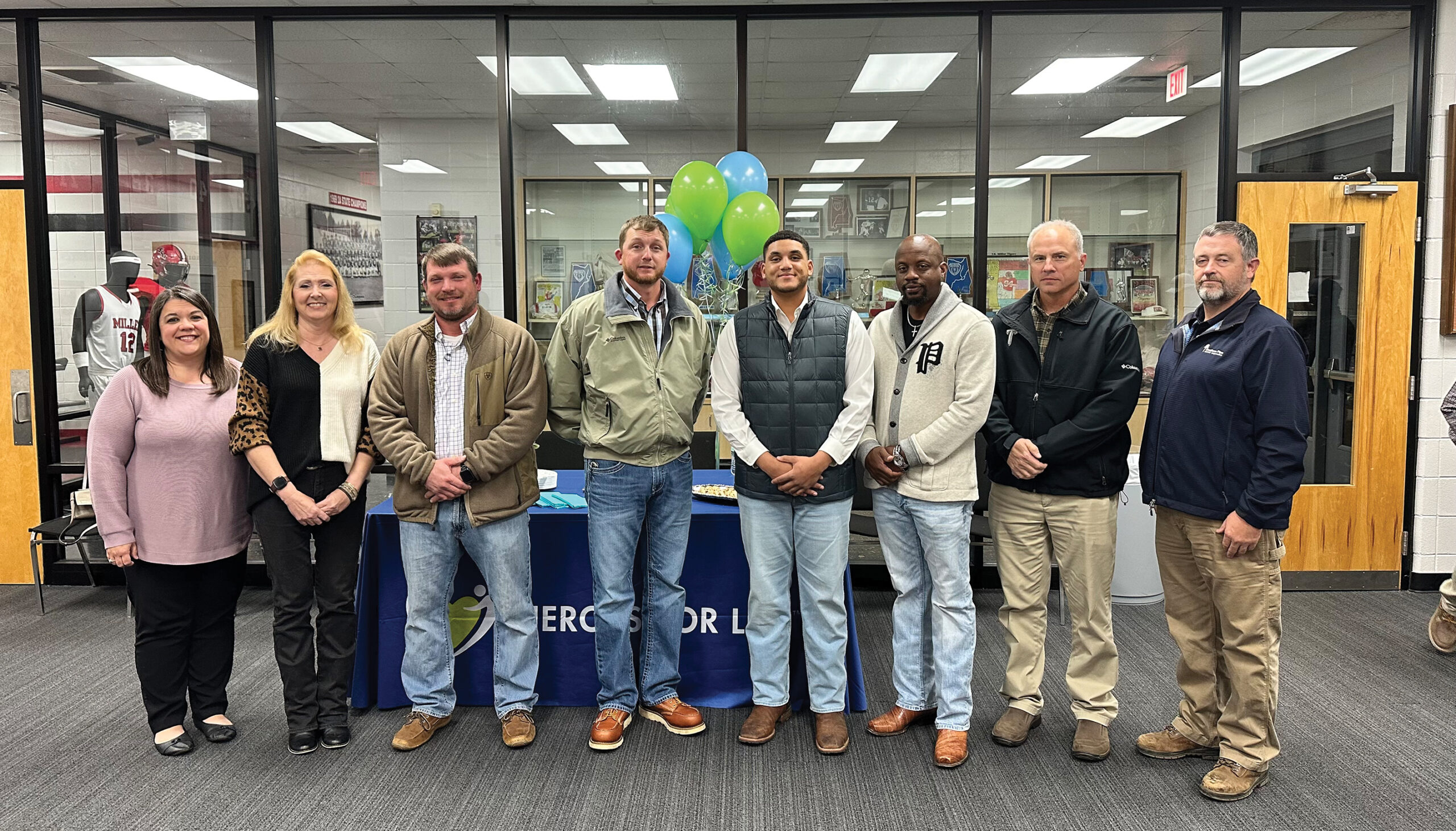By John Felsher
More than 250 hunters will venture into the swamps, marshes, rivers and lakes of southern Alabama to battle dinosaurs in close combat at night as the annual state alligator hunting season begins this month.
For centuries, people considered alligators nothing more than vermin to be shot on sight. Early in the 20th century, alligator populations plunged across their range from east Texas to southern Virginia and north to eastern Oklahoma and Tennessee. In 1938, Alabama became the first state to ban alligator hunting to protect the remaining remnant.
In 1967, the federal government placed alligators on the Endangered Species List, giving them national protection. Soon numbers began to rebound. Now, most Southern states conduct highly regulated hunts to keep gator populations at sustainable levels.
Each Alabama hunter selected at random from among registered applicants receives a tag to bag one alligator in a specific zone. Hunters with tags patrol the wetlands at night looking for crimson dots. When light hits an alligator’s eyes, they shine bright red, making them easy to spot in the darkness. Once spotted, hunters must snag the toothy prehistoric predators with snatch hooks, hand-held snares, harpoons or archery gear with a line attached. Then, they must secure the beast to a boat before killing it.

One recent season, Denise Vickers received a tag to hunt on the Alabama River. She hunted near where Mandy Stokes killed the biggest alligator seen in modern times, a 15-foot, 9-inch behemoth weighing 1,011 pounds, just a year earlier. Vickers serves as the general manager for an Augusta, Ga., television station, but previously worked at stations in Montgomery and Huntsville.
“My husband Mark is a big outdoorsman and had previously gone on an alligator hunt,” Vickers recalls. “He had a great experience and got an alligator. I’m an outdoors woman who loves hunting and fishing. After his alligator hunt, I applied for a tag and was drawn.”
Frank Petrillo, who had helped Mark bag his alligator, joined the Vickerses as they headed out from Roland Cooper State Park near Camden at sundown to look for alligators. Hunting alligators requires teamwork and muscle power. One person drives the boat while another person shines the light to spot the creatures. The hunter with the tag stays alert for action.
After missing one alligator, the team spotted another just after 2 a.m. This time, Denise snatched the brute with a rod and reel holding a large hook. She fought the dinosaur-like reptile for nearly an hour before finally restraining the thrashing creature next to the boat. Then, Denise silenced the seven-foot-long toothy predator with a shotgun.
“Catching an alligator by casting a rod and snatching it takes a long time,” Denise says. “It’s hard to judge distance on the water at night. An alligator’s eyes shine red, but it’s hard to tell which way the body is facing in the darkness. Finding and then snatching a gator in the darkness can take several hours. Once we snatch it, it takes a long time to get the powerful animal to the boat and under control. It doesn’t come to the boat easily. I was exhausted after I got it to the boat!”
With the leathery reptile secured in the boat, the team returned to the campsite at the park just before dawn, exhausted, but bursting with abundant new memories. After catching up on their sleep, they socialized with other hunters staying in the park and swapped stories of their adventures.
The Vickerses brought home delicious meat destined to become gumbo and sausage or put into other recipes. Denice had the skull professionally preserved and the hide tanned. From the scutes – the hard part on the ridges of an alligator’s back – she made necklaces, earrings and other jewelry for herself, family and friends. Denise plans to make something with the hide, perhaps a purse or shoes, but hasn’t decided yet.
“Whenever we harvest an animal, we always want to use as much of it as we can without wasting anything,” she says. “Besides the meat and hide, we also brought home a wealth of memories and made some new friends. The outing affirmed my appreciation for the natural beauty of the world around us and the bounty nature can provide. It’s not just about the hunt, but the entire experience camping out in the park with my husband and friends and interacting with other hunters. It was an incredible experience and I would love to do it again. I highly encourage anyone to apply for a tag. It’s the experience of a lifetime.”ν
Every year, people can apply for tags in June and July. For information on how to apply, see outdooralabama.com/alligators/alligator-hunt-registration.
John N. Felsher lives in Semmes, Ala. Contact him through Facebook.





